TEHRAN(Bazaar) – Marc Finaud, the former French Foreign Ministry spokesman, says on the JCPOA, there is alignment within the EU. The only open question for discussion is whether parallel talks on regional security can and should take place.
He adds "There are nuances and even differences within the Biden administration and the US Congress regarding relations with Iran."
In an interview with the Bazaar, Finaud also says, most experts agree that the best solution would be coordinated and parallel steps or a roadmap for both parties to return to full compliance.
Following is the text of the interview:
Bazaar: French President Emmanuel Macron has recently called for Saudi Arabia to be involved in nuclear talks with Iran. What is the reason for this position?
Marc Finaud: Macron’s statement was probably misinterpreted: he knows that the parties to the JCPOA cannot be changed. However, if there is agreement between Iran and its partners, there could be regional talks on the security of the region, which obviously would include Saudi Arabia, and this would be in Iran’s interest.
Bazaar: The spokesman of the European Union has stated that the issue of Macron is his personal opinion and not the position of the European Union. What is the reason for the EU's open opposition to Macron?
Marc Finaud: Again, on the JCPOA, there is alignment within the EU. The only open question for discussion is whether parallel talks on regional security can and should take place.
Bazaar: While US Secretary of State Tony Blinken believes that the JCPOA is linked to Iran's missile and regional issues, Robert Malley, President Joe Biden's Special Representative for Iran, believes that the nuclear deal must first be concluded, and then raised other issues. He even said that the issue of Iran's missiles may not be resolved in the first Biden period, and believes that the issue of Iran's missiles is related to the balance of power in the region, which requires a regional solution. What is your assessment of these two positions, and which person in Biden's government is stronger?
Marc Finaud:There are nuances and even differences within the Biden administration and the US Congress regarding relations with Iran, as was the case previously including under the Obama administration. However, the President has the final word, and his stated priority is full and unconditional restoration of the JCPOA. The other issues are important and it would be in everyone’s interest if they could be addressed bilaterally or regionally.
Bazaar: Iran foreign minister Mohammad Javad Zarif in his recent remarks has called for European mediation for the simultaneous implementation of the JCPOA by Iran and the United States. This solution seems to be operational. What is your assessment?
Marc Finaud: Yes, most experts agree that the best solution would be coordinated and parallel steps or a roadmap for both parties to return to full compliance. The EU High Representative is well placed to mediate and offer such a roadmap considering his institutional role as chair of the Joint Commission and the EU role in the negotiation of the JCPOA.
Bazaar:Tony Blinken recently announced that if Iran continues to reduce its commitments, it will be able to build an atomic bomb in a few weeks. What is the reason for this comment?
Marc Finaud: His statement was more nuanced than this, and he wanted to attract attention to the urgency of renewing talks about the JCPOA. It is true that the JCPOA was based on the concept of “breakout time”, the time necessary for Iran to produce enough highly enriched uranium to manufacture one nuclear weapon. Under the JCPOA restrictions, this time was estimated to one year, so without such restrictions, the time would be shorter. But this is theoretical since there is no evidence that Iran is ready or capable of manufacturing a nuclear weapon.

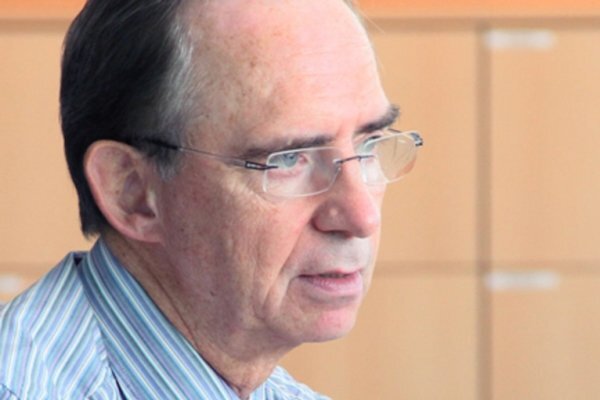







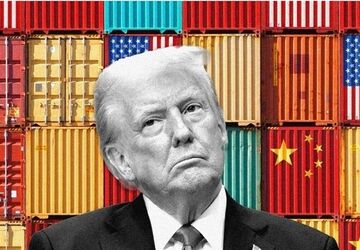
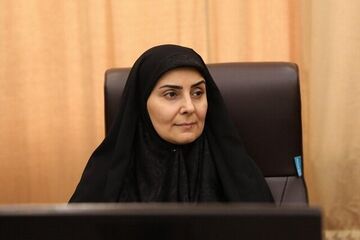


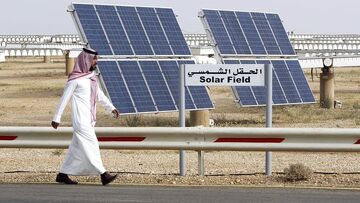
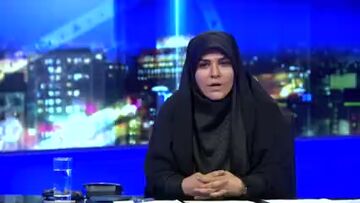
نظر شما